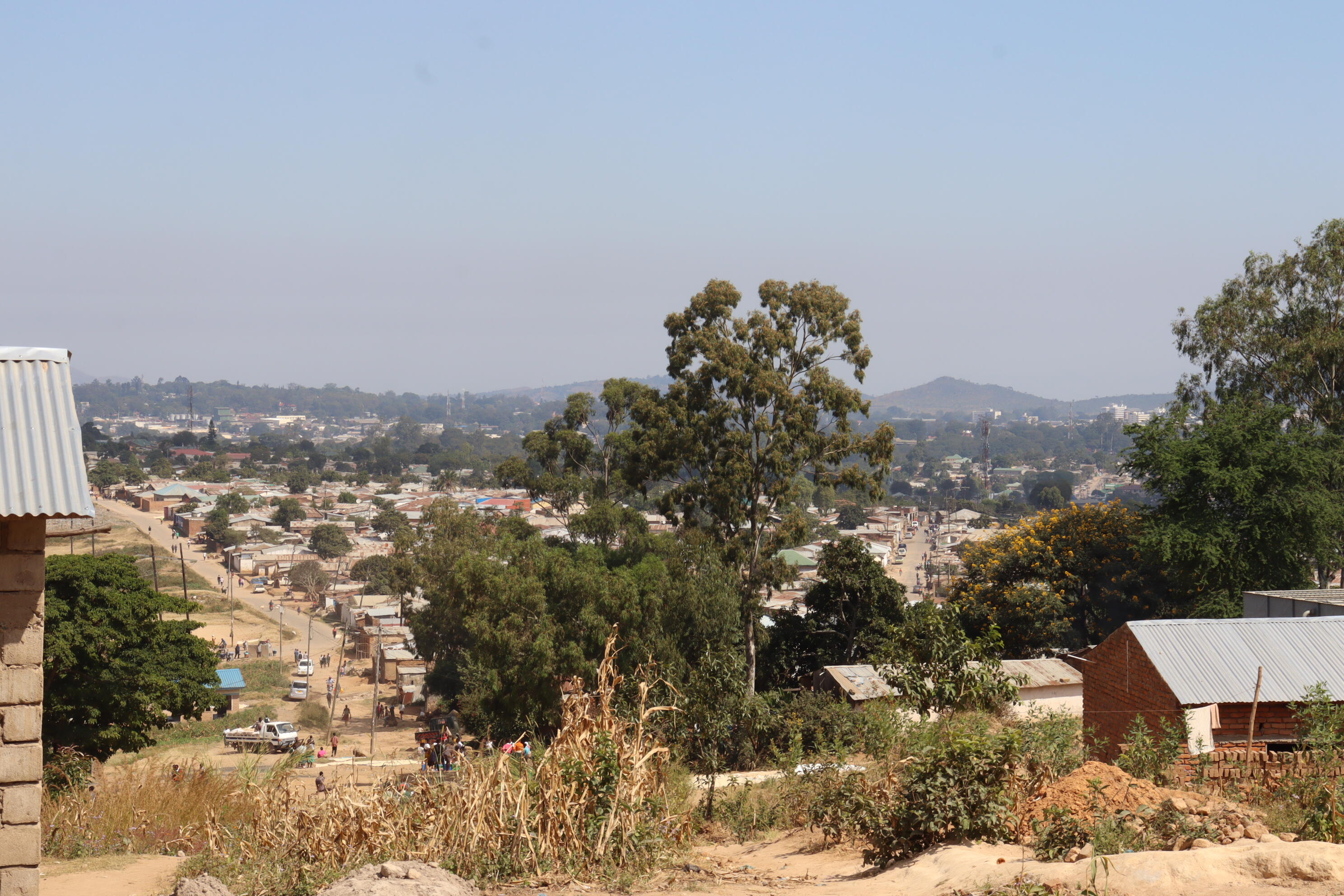
A team led by Malawi-Liverpool-Wellcome Programme (MLW) and Liverpool School of Tropical Medicine (LSTM) has been awarded £2.5 million by The Bill and Melinda Gates Foundation for work into COVID-19 prevalence.
‘Sero-Surveillance in Malawi’ seeks to reveal the cumulative population exposure of SARS-CoV-2 and other vaccine-preventable diseases in urban and rural Malawi over time.
The Chief Investigator, Dr Kondwani Jambo of MLW and LSTM explains:
“COVID-19 has exposed major gaps in pandemic preparedness across the globe, not least in Malawi. Here, limited testing and a lack of high quality, geographically- representative, seroprevalence data has made it challenging for us to accurately monitor COVID-19 trends - how many people are infected? What is the burden of the disease? What is the impact of vaccination? We need this data if we are to inform public health policy and tackle COVID-19 and other vaccine-preventable diseases.”
The funding will be used to establish a national sero-surveillance platform to further understand SARS-CoV-2 sero-epidemiology, including important differences between urban and rural populations in Malawi. This will further develop near real-time reporting of surveillance data to local and national government to inform public health policy. The platform will, in turn, be leveraged for broader vaccine-preventable disease surveillance activities.
Dr Supriya Kumar of The Bill and Melinda Gates Foundation said:
“The Foundation is committed to addressing global inequities, and the impact of COVID-19 and other preventable diseases on the Global South is one such challenge. We are pleased to be supporting this research which will help Malawi enhance its preparedness to detect and tackle outbreaks now and in the future.”
The study is being delivered in collaboration with University College London, University of Liverpool, Malawi Epidemiology and Intervention Research Unit, University of Glasgow and the Ministry of Health through the Public Health Institute of Malawi.